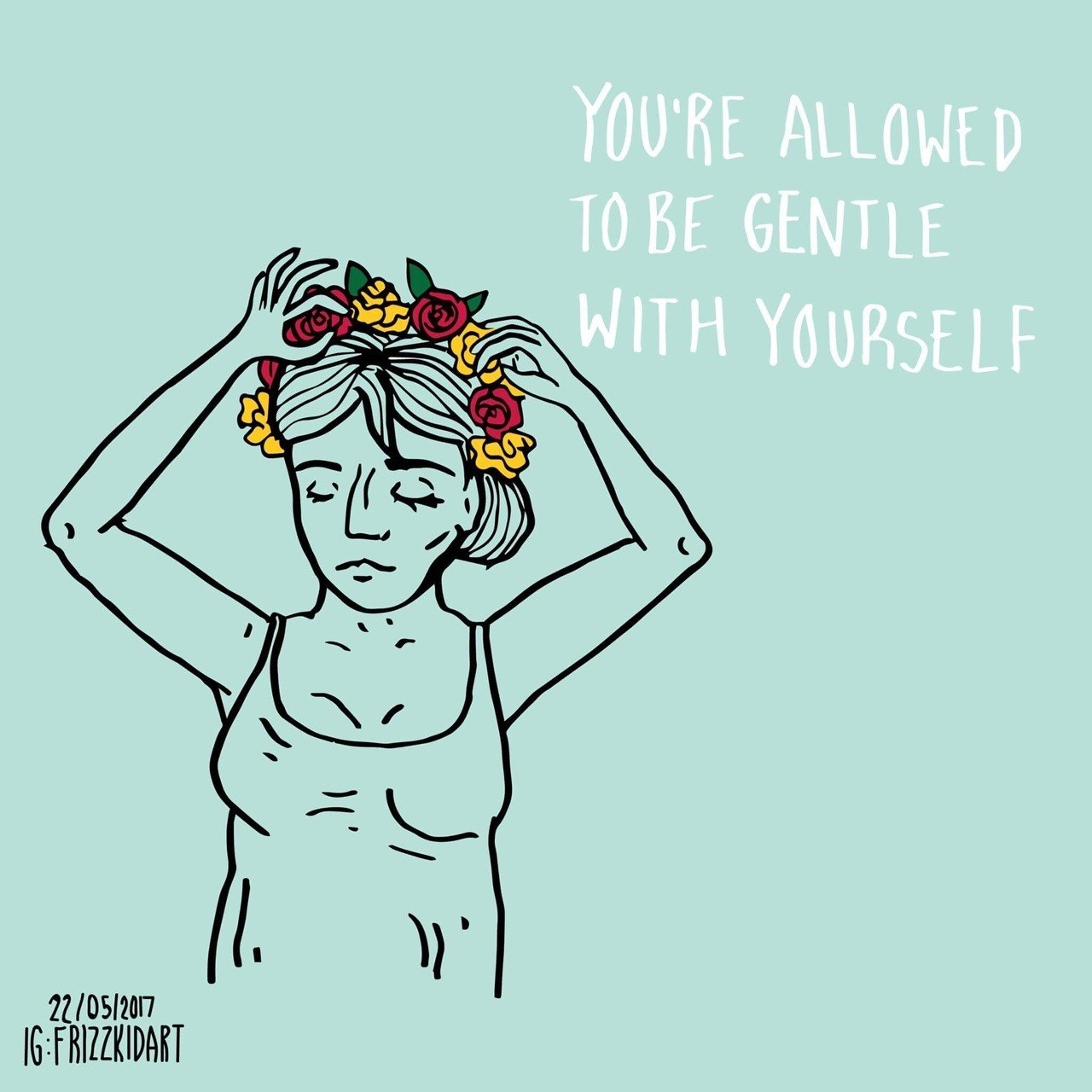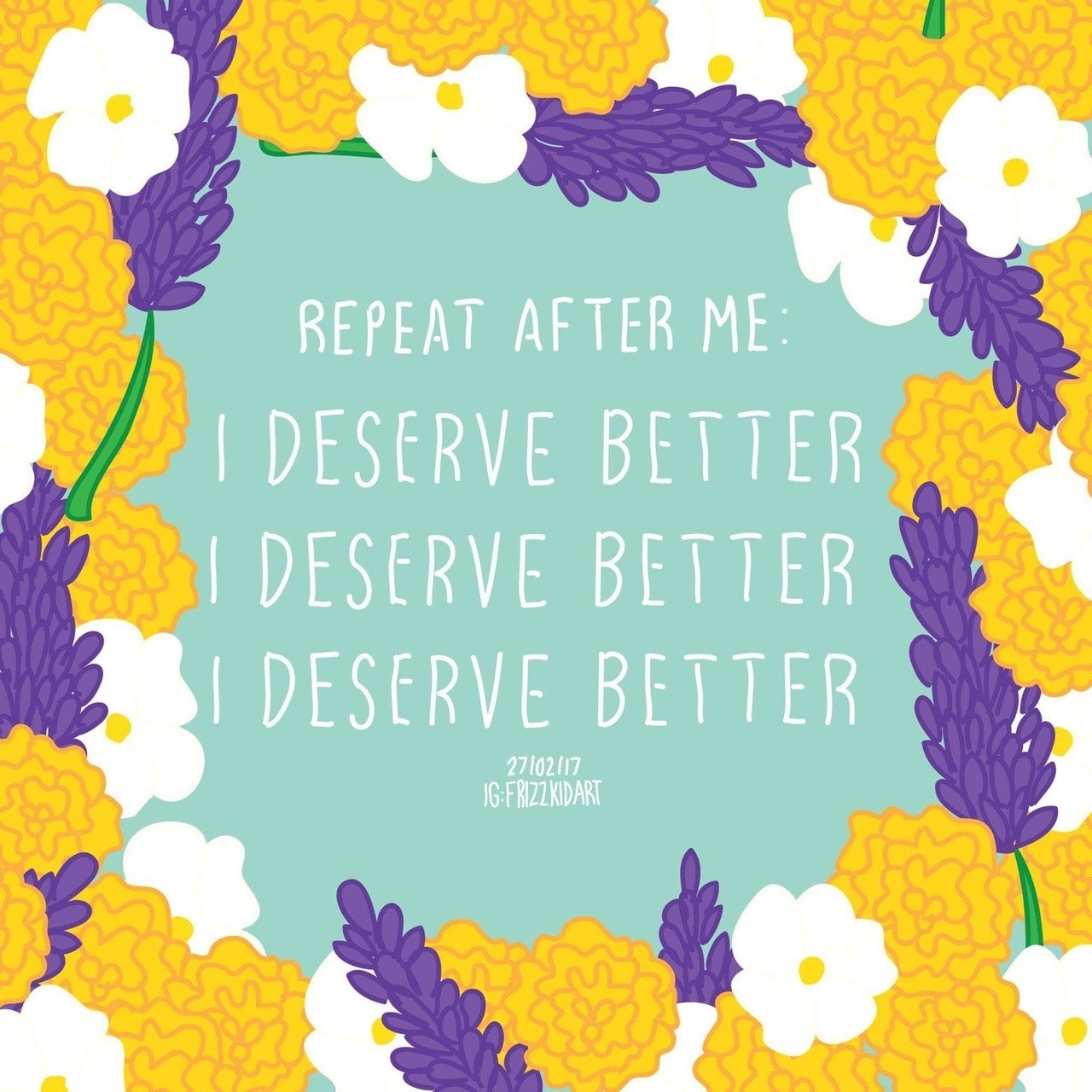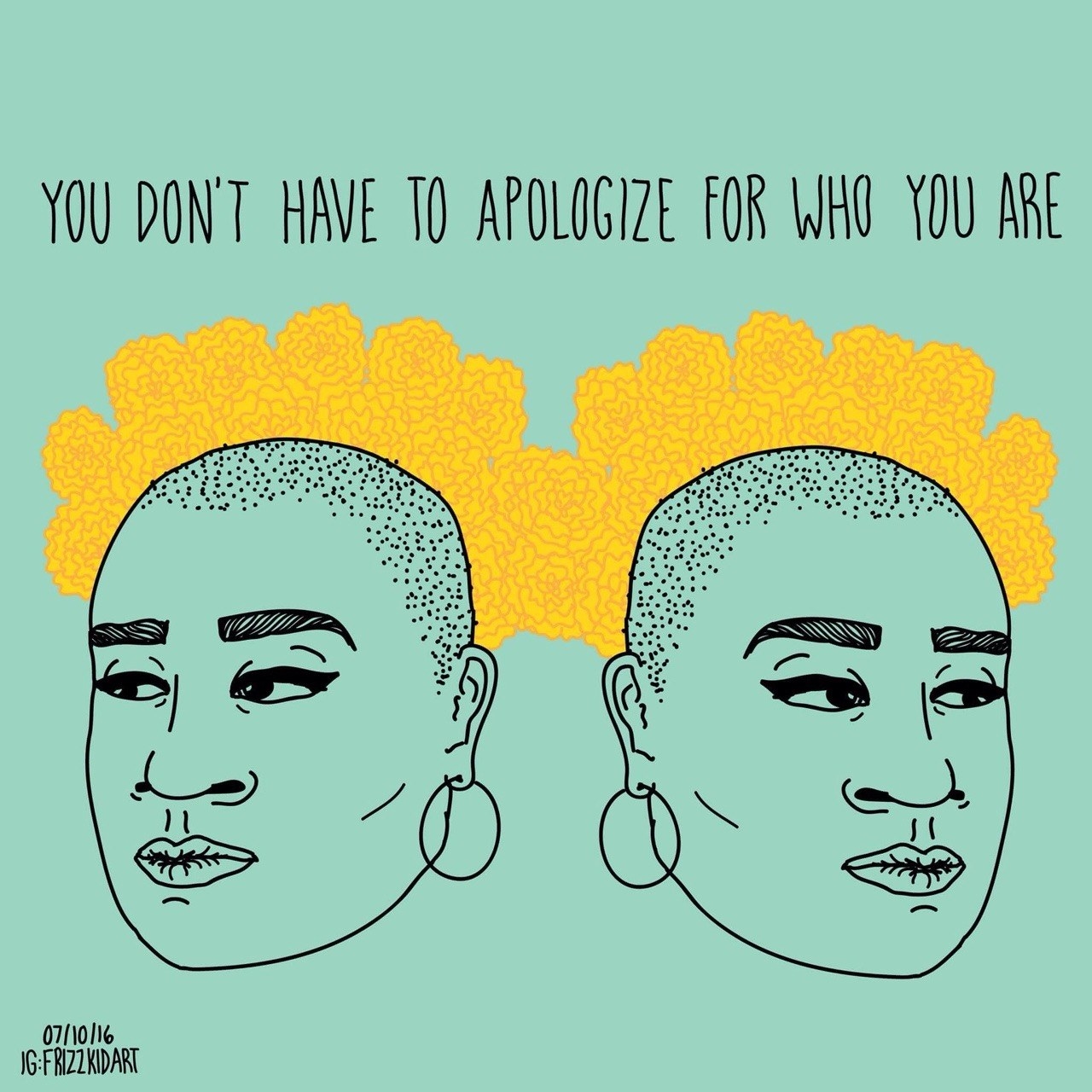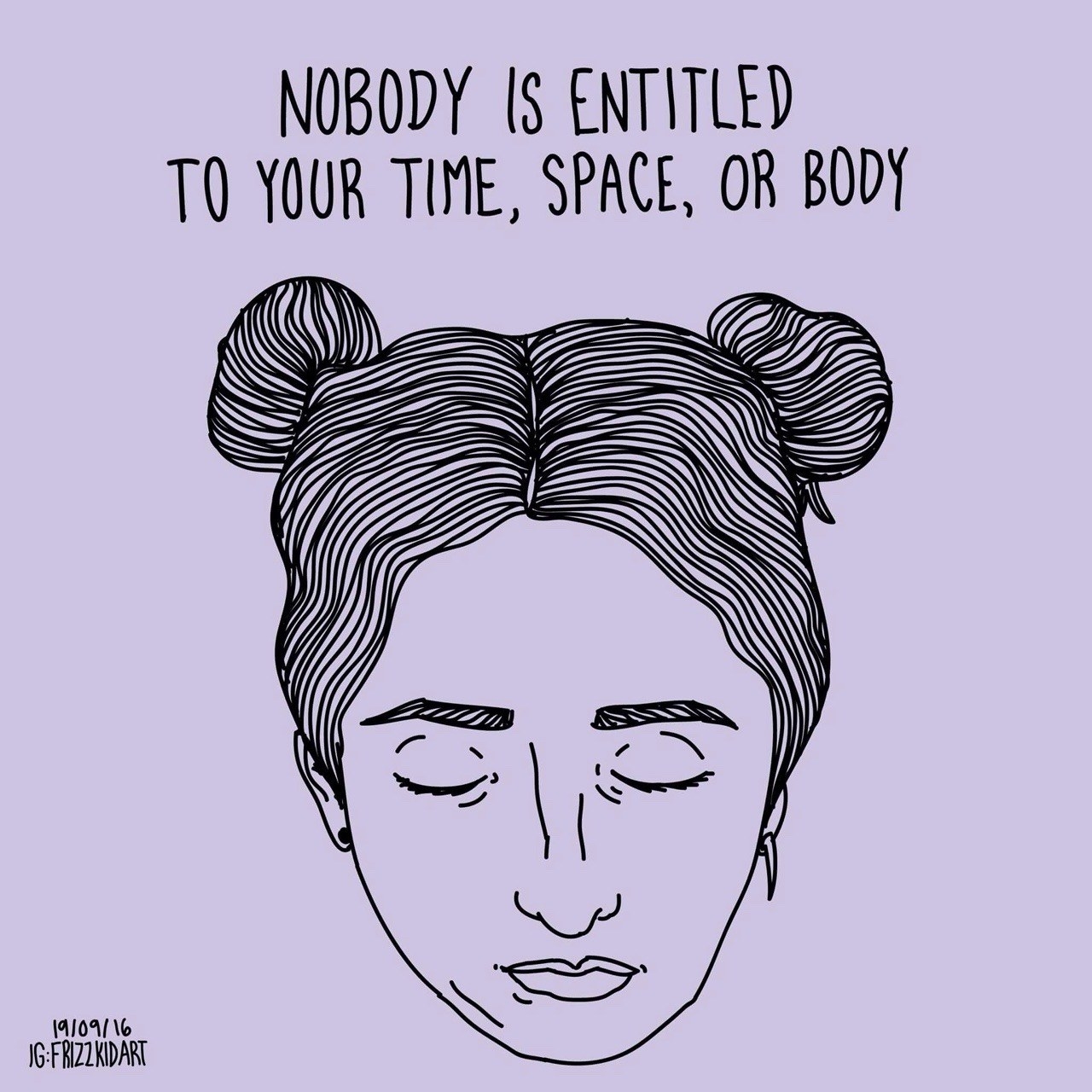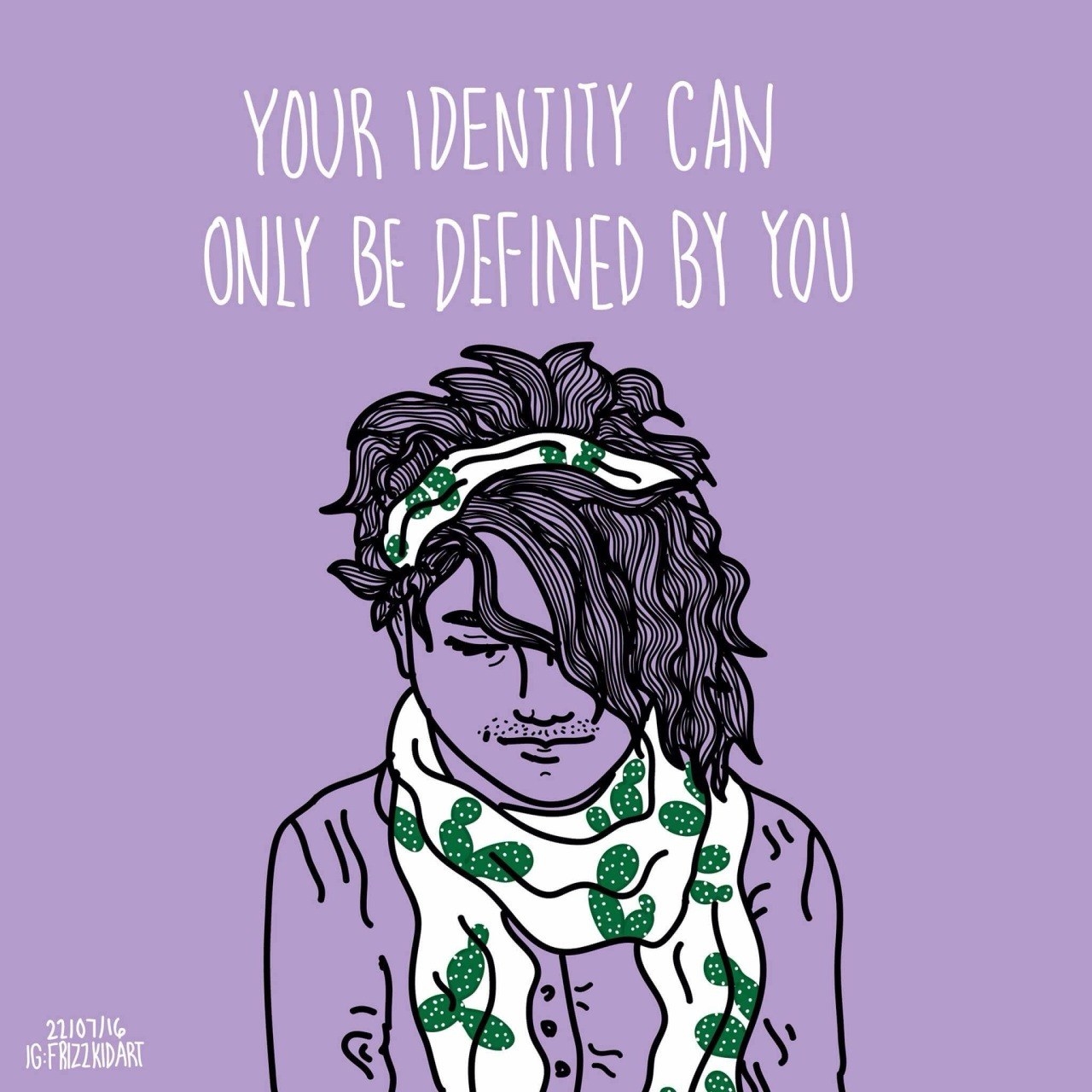• The person may be supportive and encouraging.
• The person can help me find the treatment that I need.
• I may gain someone in my life to talk to about what I’m going through.
• I may have a person in my life who can look out for me.
• If a crisis were to happen, I would have someone to call.
Cons:
• The person may be uncomfortable around me after I tell them.
• The person may not want to associate with me after I tell them.
• The person may tell other people that I know, and I could be stigmatized.
Dr. Patrick Corrigan, principal investigator of the Chicago Consortium for Stigma Research and Distinguished Professor of Psychology at the Illinois Institute of Technology, leads the Honest, Open, Proud program, which offers advice for talking about mental health conditions. He encourages people to open up about their mental health condition but to do so in a safe way. “Be a bit conservative about the process,” he says. “Once you’re out, it’s hard to go back in, but the important thing is that the majority of people who come out and tell their story feel more empowered.”
Also consider the potential benefits of telling someone. Perhaps being open would help your loved ones understand why you can’t always spend time with them, or you might ease their concerns by making them more aware of what’s going on in your life. Or maybe you need special accommodations at work or elsewhere. To learn more about accommodations at work, visit www.nami.org/succeeding-at-work
Deciding Whom to Tell
Once you feel confident in your decision to share, you should consider how the person you confide in might react. Think about what kind of relationship you have and whether it’s built on trust. If you still have concerns, try a test conversation. Mention a book or movie that includes mental illness and ask their opinion about it in a context that doesn’t involve you.
Deciding When You Should Tell
Once you feel comfortable about confiding in someone, start to think about when to tell them. It may be important to tell someone to receive help and support before you reach a point of crisis. That way you have a calm environment in which to be open and learn who in your life is most willing and able to help if you need support.
Initiating the Conversation
You have a few different options for telling someone about your mental health. Perhaps scariest is to come out with it without setting up the conversation because you might catch the person off-guard. Another option would be to let the person know in advance that you want to talk about something significant so they can prepare for a serious conversation. Once you have told them that you live with a mental health condition and experience certain symptoms because of it, use examples to help them understand what it’s like. For example, “Everything I do every day, even something simple like taking a shower, is exponentially harder when my symptoms are more serious.”
Share only what you’re comfortable with. Dr. Corrigan states, “You can disclose in steps, start with safe things and see how you feel, and going forward you can choose to disclose more. Anything that’s still traumatizing, you should consider keeping private.”
If someone is supportive and encouraging, let the person know how to help you, such as if you need a ride to an appointment or someone to listen. Tell them that you’ll let them know if you want advice and that you would prefer support rather than counseling.
Refer them to resources to learn more, such as information from NAMI. The more people who talk about their mental health, the more acceptable it will be for people to be more open about the topic. “The best way to change stigma is not education—it’s contact,” says Dr. Corrigan.
Laura Greenstein is communications coordinator at NAMI.
https://www.nami.org/Blogs/NAMI-Blog/January-2017/Opening-Up-to-Others-about-Your-Mental-Health




